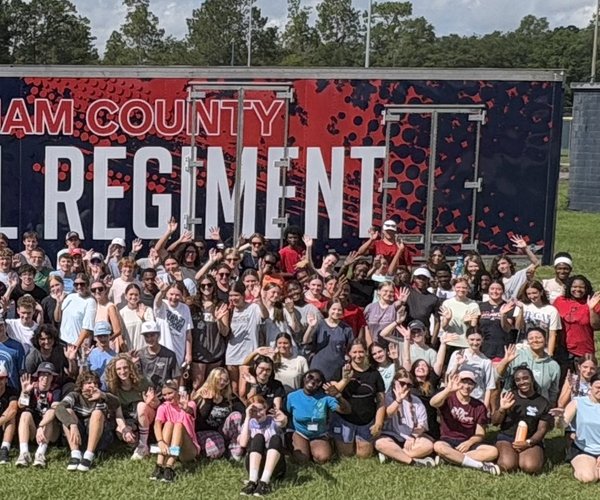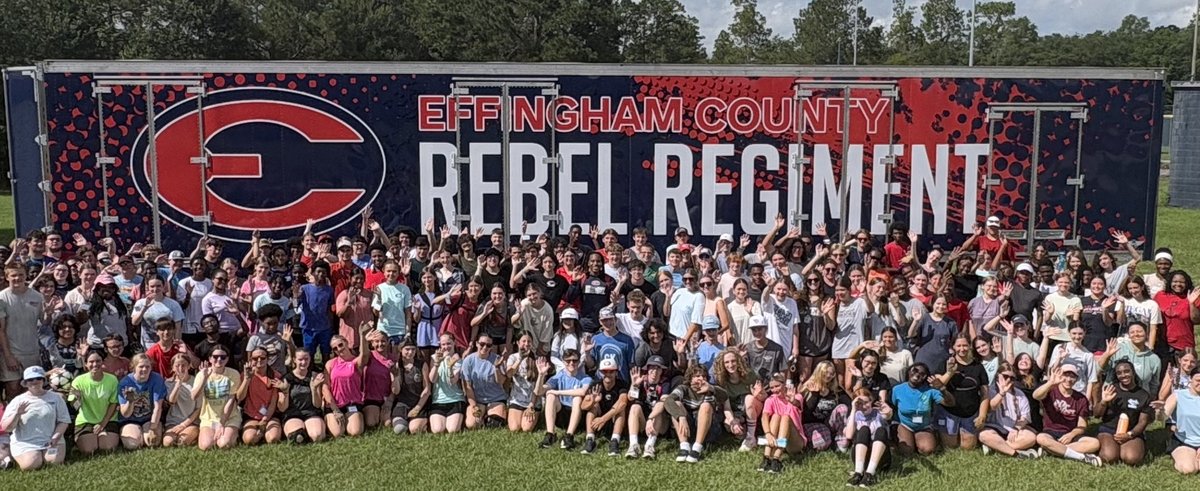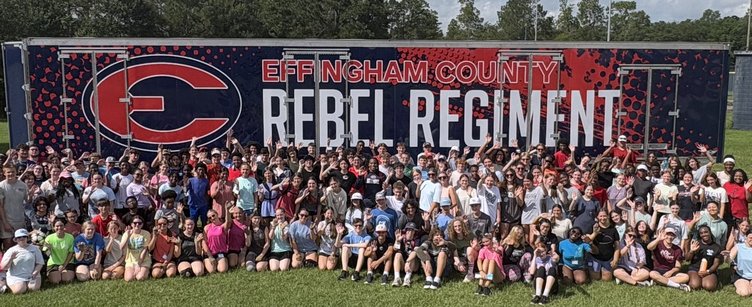The Springfield City Council asked the city attorney to begin working with the Industrial Development Authority attorney on an intergovernmental agreement to transfer water permits to supply the I-16 tract.
“For a year or so now we have been in informal talks with the Industrial Development Authority about a way to get some water to the industrial site on I-16,” Councilman Dennis Webb said. “One of the ways we discussed was if we ran a water line from the city of Springfield.”
Webb said if the city ran a pipeline down Highway 21 and connected its system with the system at the current industrial park, it could discontinue pumping from the well at the industrial park. That well is within the state’s so-called “red zone,” where water withdrawals are restricted.
Webb said the city would then work to transfer the amount currently being pumped from the industrial site to the county to provide water to the site.
“In return for this the Industrial Authority would help us with the cost of running that water line,” he said.
“We need a water line down Highway 21 very badly, and this would give us that water line.”
Springfield and the IDA would have to have an intergovernmental agreement, and the state Environmental Protection Division would have to approve the deal, according to Webb.
The city currently has a permit to pump 400,000 gallons from the well at the industrial site. The IDA needs 150,000 to 250,000 gallons to be transferred to provide water to the I-16 site.
“The IDA proposes to contribute 50 percent of the cost of the project, which would be whatever it took to get water from up here down to there,” Webb said. “This would be based on solid cost estimates.
“What the city would do, would be to return $1,000 per water impact fee that we would charge for anyone to connect onto that new line,” Webb said. “The IDA would recover $1,000 per impact fee until all of their investment was recovered.”
Webb said the city could take the $1,000 out of the standard impact fees, or there could be $1,000 added to the impact fees for developments using the line to pay back the IDA.
“There are several ways to recover that,” he said. “We still have to serve any new tenants and current tenants in the industrial park. Of course, they’re running out of land down there, so there aren’t going to be a lot of new tenants. The IDA also wants a break on some impact fees that we charge new tenants in that park.”
Webb said he believes the city needs to negotiate the amount with the IDA.
“I think that’s probably more than we can afford to do,” he said. “The advantage here is we get a water line where we need a water line, and we get the IDA to finance half of that cost.”
Mayor Barton Alderman asked if the idea had been discussed with a representative from EPD.
“Until we get basically an intergovernmental agreement worked out between us and the IDA, we really can’t go to EPD with it,” Webb said. “We need a solid agreement.”
Public Works Director Lowell Morgan said he did not think there would be a problem with EPD.
“EPD has indicated a willingness to work with us,” Webb said. “They told us to get our act together. They want a comprehensive plan. They want us to come to Atlanta with a plan for how much water we need for two years and how we’re going to take care of wastewater.
“They want the big picture.”
Councilman Charles Hinely said when city officials met with the representative from the EPD they were told they had 30 days, but the 30 days had passed.
“What I’m asking is how quickly can we get to something that the IDA can sit down with the city and come to an agreement,” he said.
Webb said he wanted to have City Attorney Charles Barrow working on the agreement with the IDA attorney immediately.








